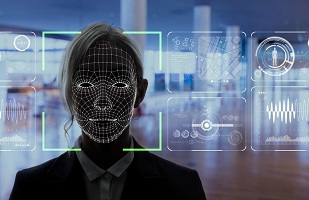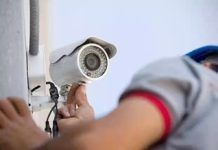Facial recognition technology is being implemented on the CCTV network of Bangalore City’s rail system, and will be projected along with three fingerprint and face biometric modules for a police application with a tender costing just over INR 45 million (roughly US$604,000), say reports.
The system is intended to be integrated with the Crime and Criminal Tracking Network and Systems (CCTNS), according to the report, scanning up to 100 faces per second “to match the huge footfall at Railway Station(sic)” against CCTNS watchlists. A tender document for Bangalore City describes the requirements for a contract to provide hardware and software, including 2 megapixel IP cameras capable of performance in poor lighting, and 8 megapixel infrared cameras, all able to integrate with ‘Eagle Eye’ criminal analysis software.
Other requirements include biometric recognition of faces partially occluded by glasses and scarves. The facial recognition software is expected to have error rates below one in a million (99.9999 percent). The Police One software modules sought are for identifying persons of interest, fingerprint identification, and facial recognition with real-time notifications to the officer’s mobile device.
India Trade Promotion Organization (ITPO) is planning to track its employees’ attendance with facial recognition, issuing a tender for eight biometric time and attendance devices, according to reports. The Commerce Ministry department is planning to deploy devices combining fingerprint biometrics with iris or face biometrics. Five devices will be installed at the agency’s Delhi office, with one each at regional offices in Mumbai, Chennai and Kolkata. The system should scan both biometric modalities within two seconds, with accuracy of at least 99.9 percent.
The system will be managed with a crowd application protected by end-to-end encryption and integrated with human resource management software already in use. ITPO currently has around 600 employees, and is planning to use the devices for contract workers as well as full-time employees.








